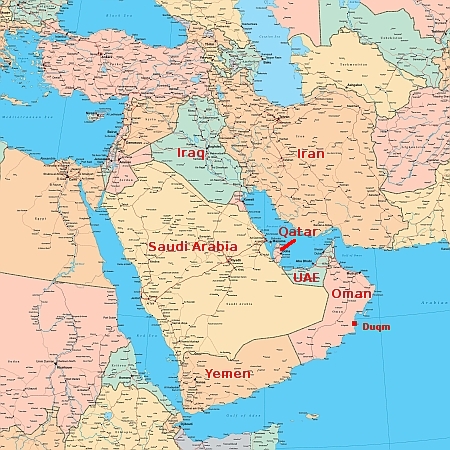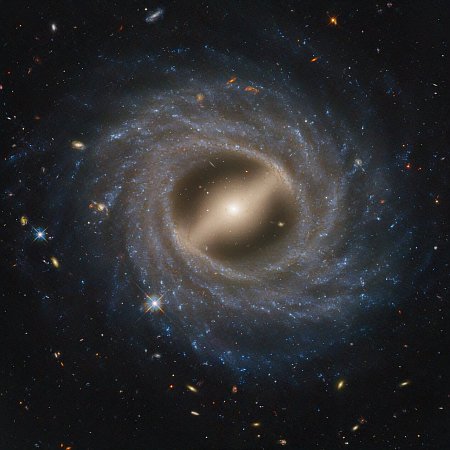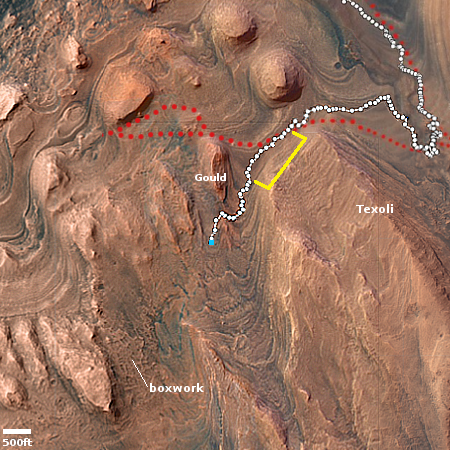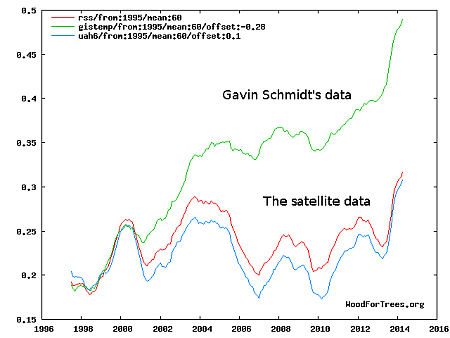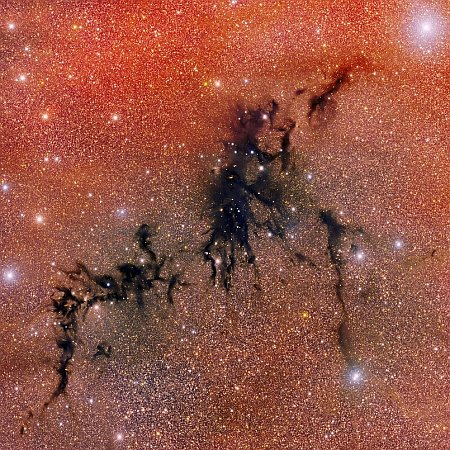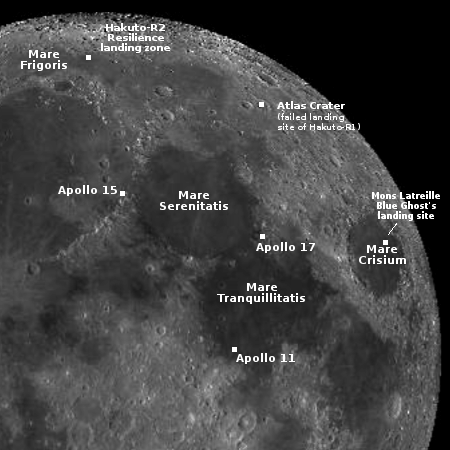April 29, 2025 Quick space links
Courtesy of BtB’s stringer Jay. This post is also an open thread. I welcome my readers to post any comments or additional links relating to any space issues, even if unrelated to the links below.
- Japanese rocket startup Interstellar gets another government grant
It appears the grant is to develop technology for flying many satellites in formation
- China touts a 10m diameter stainless steel tank prototype
Supposedly for a heavy lift rocket.
- Russia now says its Spectr-UV space telescope will launch in 2031
It was originally supposed to launch in 1997.
- Russia re-confirms its unmanned lunar program previously outlined in 2023, except now it gives few specific target dates
Expect Russia to miss even these dates.
- A picture of Russia’s version of its own “Starlink” satellite
Supposedly going to begin launches in 2026, but if you believe that, I have a bridge in Brooklyn I can sell you cheap.
- New images of failed 1972 Soviet-era Venera lander whose Earth orbit is about to decay
The pictures don’t really show much, except that it appears smaller than a typical Starlink satellite (shown in comparison). Designed however to survive Venus’s thick and hot atmosphere, it will still likely hit the ground when its orbit decays in the second week of May.
Courtesy of BtB’s stringer Jay. This post is also an open thread. I welcome my readers to post any comments or additional links relating to any space issues, even if unrelated to the links below.
- Japanese rocket startup Interstellar gets another government grant
It appears the grant is to develop technology for flying many satellites in formation
- China touts a 10m diameter stainless steel tank prototype
Supposedly for a heavy lift rocket.
- Russia now says its Spectr-UV space telescope will launch in 2031
It was originally supposed to launch in 1997.
- Russia re-confirms its unmanned lunar program previously outlined in 2023, except now it gives few specific target dates
Expect Russia to miss even these dates.
- A picture of Russia’s version of its own “Starlink” satellite
Supposedly going to begin launches in 2026, but if you believe that, I have a bridge in Brooklyn I can sell you cheap.
- New images of failed 1972 Soviet-era Venera lander whose Earth orbit is about to decay
The pictures don’t really show much, except that it appears smaller than a typical Starlink satellite (shown in comparison). Designed however to survive Venus’s thick and hot atmosphere, it will still likely hit the ground when its orbit decays in the second week of May.



